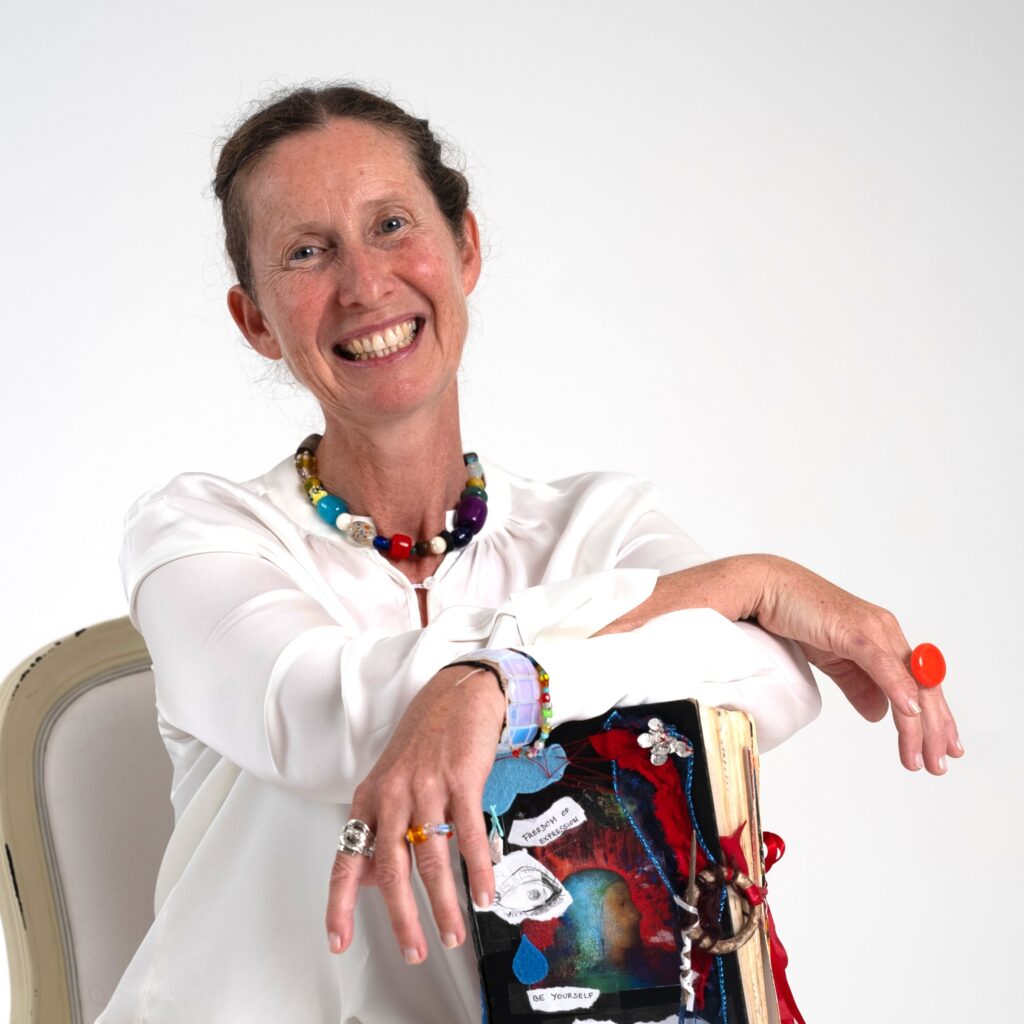Psychodynamic Therapy Perth
Psychodynamic therapy offers effective support for individuals dealing with severe psychological disorders, particularly those struggling with a loss of purpose or challenges in building and maintaining meaningful relationships.

Psychodynamic therapy promotes lasting insight, emotional growth, and healing.

Registered Psychologist
Michiel Gonzales
Michiel is a registered psychologist and has extensive experience working in the mental health field with a variety of presentations. ‘I have learned that deep and lasting change is possible, that long-term issues can be resolved, and people can be free of emotional pain they carry by making sense of difficult experiences together, both past and present, and moving towards a place of self-understanding’. Michiel works with adults and adolescents using an integrative approach which is based on empathy and building a strong mutual respect and working relationship with clients.
Michiel’s approach to therapy is to help clients gain greater insight and awareness into their internal world and patterns of behaviour. He assists his clients in meeting their needs and goals by helping them effectively relate to themselves and other people.
‘With a look beyond just coping, I try to help people resolve the core emotional and relational causes of their anxiety and symptoms. Each one of my clients comes from a unique background and set of experiences, and I collaboratively tailor each therapeutic intervention to my client’s individual needs by drawing upon the following broad range of evidence-based therapeutic treatments: psychodynamic therapy, interpersonal therapy, schema therapy, acceptance commitment therapy (ACT), and CBT.
What sort of issues can psychoanalytic psychotherapy help with?
The decision to speak to a psychodynamic therapist about what worries and troubles us does not necessarily need to be the result of a life crisis. It can also be determined by a wish to understand oneself better, to understand one’s desires and values, to free oneself from problematic patterns of behaviour, to learn to better tolerate conflict and find new means of self-realisation.

Benefits of Psychodynamic Therapy
- Evidence-based efficacy, rivaling or surpassing other therapies for common issues
- Empowers patients, fostering autonomy and lasting life skills
- Targets psychopathology while promoting developmental and character growth
- Sustained benefits post-treatment
- Facilitates self-discovery through open-ended exploration
- Enhances problem-solving skills for goal attainment
- Builds enduring therapeutic alliances, driving long-term progress within a stable treatment frame
- Leverages candid, collaborative feedback to sharpen self-appraisal and catalyze change
- Harnesses innate strengths to facilitate natural progression
- Practices free association in the presence of a listening other to unleash the full potential of unconscious phantasy

What is Psychodynamic Therapy?
Psychodynamic therapy focuses on unconscious processes as they are manifested in a person’s present behaviour. Psychodynamic therapy is a highly specialised treatment based on the observation that people are often unaware of the many internal factors that determine their emotions and behaviour.
This therapy has evidence-based efficacy, rivalling or surpassing other therapies in addressing common mental health issues such as depression and anxiety. It empowers patients, fostering autonomy and lifelong skills that allow for greater independence in managing emotions and challenges. Not only does psychodynamic therapy target psychopathology, but it also promotes developmental and character growth, helping individuals evolve on a deeper emotional and personal level.
One of the key benefits is the sustained improvement post-treatment, as clients continue to grow through the insights and self-awareness gained during therapy. The approach also encourages self-discovery through open-ended exploration, providing a deeper understanding of unconscious motivations.
Through enhancing problem-solving skills, it assists clients in reaching personal goals while building enduring therapeutic alliances that foster long-term progress within a secure and supportive therapeutic environment. This therapy utilises candid, collaborative feedback, allowing clients to sharpen their self-appraisal and catalyze lasting change.
By harnessing innate strengths, psychodynamic therapy facilitates natural emotional progression and, through free association, helps release the full potential of unconscious fantasies in a non-judgmental setting. This depth-oriented approach addresses both surface symptoms and core emotional issues, offering profound and lasting benefits.
Our Creative Arts Therapist
AThR
Creative Arts & Psychodynamic Psychotherapist
Elisabeth Eitelberger is a registered Psychotherapist and Clinical Counsellor with PACFA, as well as a professionally recognised Creative Arts Therapist with ANZACATA. She tailors her therapeutic approach to address the specific challenges and requirements of her clients, creating a trauma-informed and culturally sensitive environment that encourages both verbal and non-verbal expression.
Her diverse interests encompass Trauma, C-PTSD, Neurodivergence (including Autism, ADHD, and Dyslexia), Identity Development with a focus on LGBTQIA+, along with Anxiety, Depression, Mental Health Disorders, Chronic Pain, and Existential Self-Exploration. Elisabeth advocates for an integrative methodology that combines evidence-based practices with somatic and creative arts therapy, drawing on Psychodynamic and Psychoanalytic Psychotherapy, as well as incorporating techniques from Internal Family Systems, Polyvagal Theory, Sensorimotor Psychotherapy, DBT, MBT, Interpersonal and Existential Psychotherapy, and Humanistic Theories.
With a wealth of experience assisting clients from diverse backgrounds, Elisabeth has also maintained a professional career as an interdisciplinary artist for over thirty years. She holds Master’s degrees in Creative Arts Therapies from Murdoch University and Philosophy from Vienna University.
What can I expect when working with a psychodynamic psychotherapist?
Psychodynamic therapy focuses on gaining insight into your mental health and relationships by uncovering subconscious content and experiencing how your internal and interpersonal issues resurface in the patient-therapist transference relationship.
Psychodynamic therapy attends to what arises in the transference relationship, to your object relations, and to the role defence mechanisms play in your mental health and your relationships.
During Psychodynamic therapy, you will be sitting on a chair rather than lying on a couch.
Psychodynamic therapy upholds to tradition of 50-minute sessions.
The duration of Psychodynamic therapy is medium to long-term but also can be short-term.
Psychodynamic therapy is not a ‘quick fix’ but can help those find their true inner selves.
